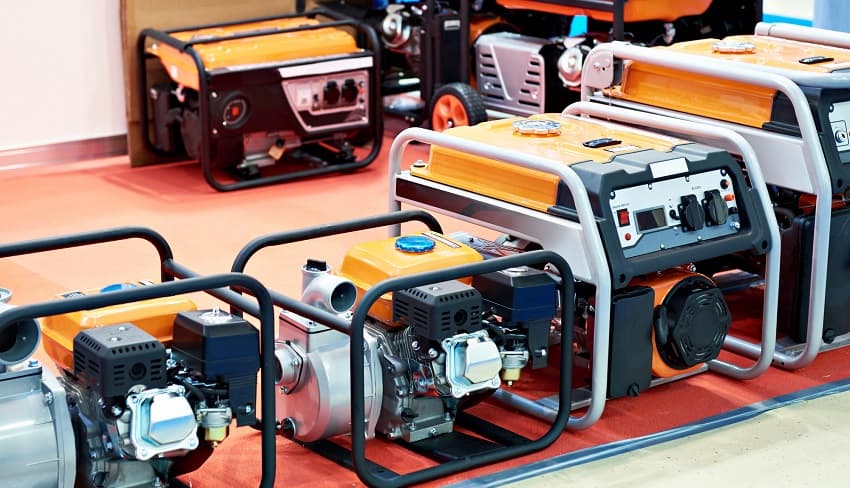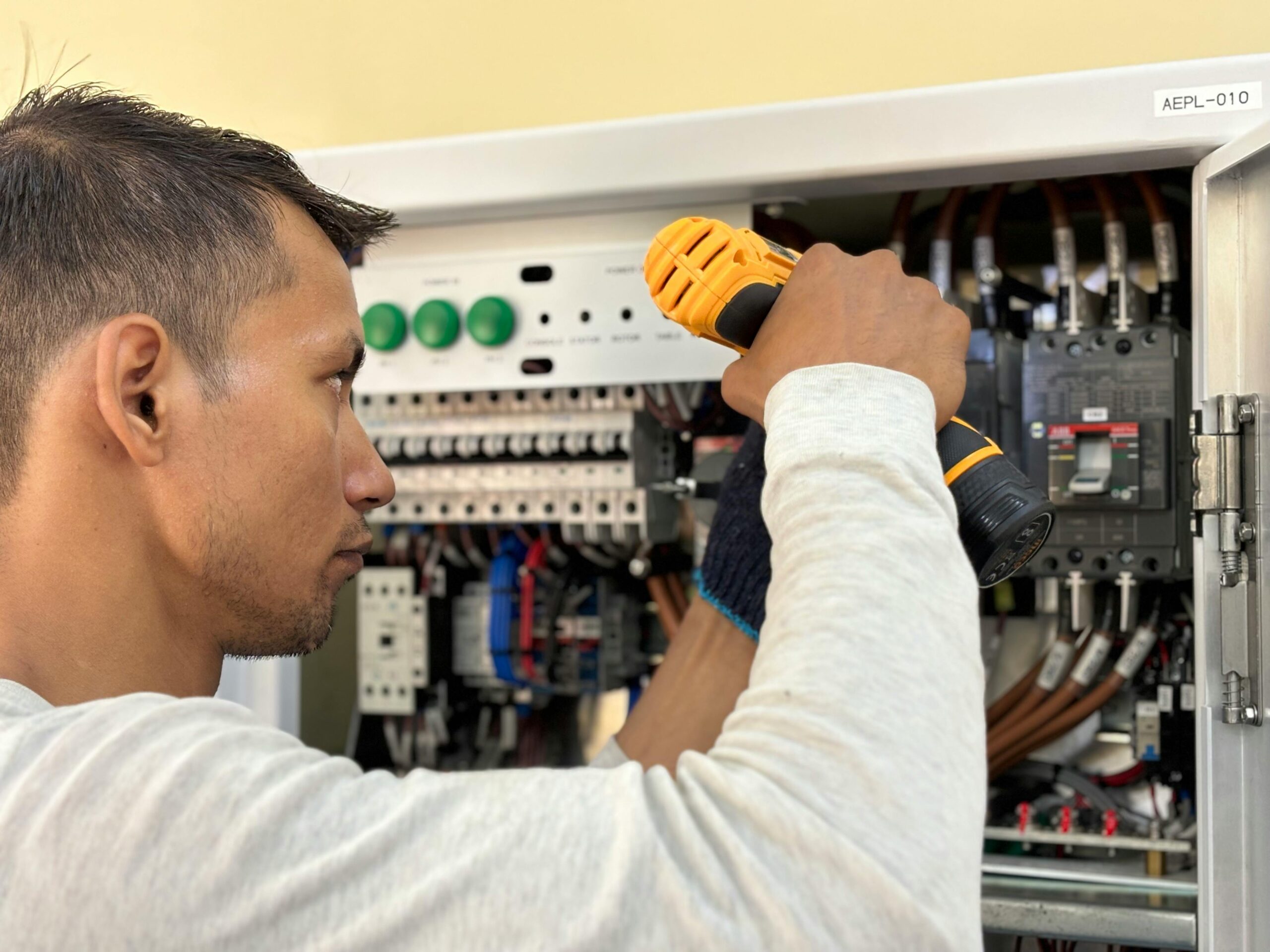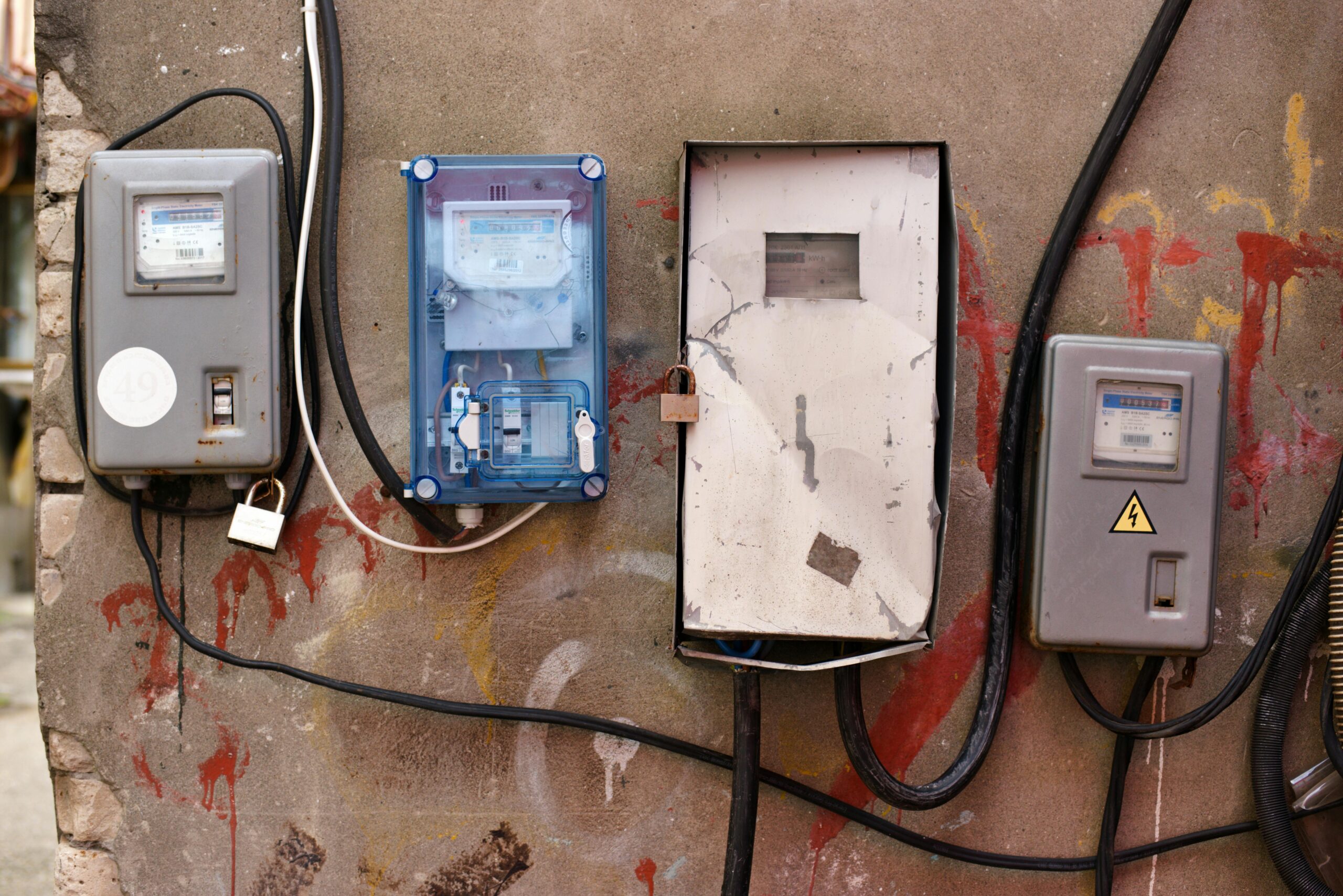When there are power outages or outdoor events, portable generators can be a lifesaver. They allow electricity when the power grid goes down or you’re away from home. But with so many sizes and types of portable generators available, how do you know what size to choose?
Selecting the right size generator is crucial because it needs to be bigger to power all your devices, and if it’s too large, it will be a good use of money. We’ll discuss what factors you should consider when deciding on the size of a portable generator that fits your needs.
Understanding Power Needs
One of the most important considerations is the difference between running and surge watts. Running watts refer to the amount of power an appliance uses continuously, while surge watts refer to the burst of power needed when an appliance first starts up. Therefore, it’s essential to consider both factors when calculating your overall power needs.
To do this, you’ll want to list the appliances you plan to use and their corresponding wattage requirements. Common appliances like refrigerators, air conditioners, and hair dryers can all have different wattage needs, so it’s vital to calculate each item individually.
Types of Portable Generators
There are three main types of portable generators: conventional, inverter, and hybrid. Each type has its own set of advantages and disadvantages. Conventional generators operate using a traditional system of mechanical alternators, while inverter generators use advanced electronics to produce a more stable power flow. Hybrid generators combine elements of both types. Each generator type has advantages and disadvantages, depending on your specific needs.
For example, conventional generators tend to be more affordable but may produce a less stable power supply that could damage sensitive electronics. On the other hand, inverter generators are more expensive but offer a safer and more reliable power flow. Consider the power output you need, along with your budget and intended use, to choose the best type of generator for your situation.
Determining Your Fuel Needs
Selecting the right fuel for your generator is a crucial factor to consider. Generators’ most common fuel types are gasoline, propane, and diesel. Gasoline is an affordable and widely available option but has a shorter shelf life than other fuels. Propane burns cleaner, has a longer shelf life, and requires a separate tank, but it may be less readily available in emergencies.
Diesel offers excellent reliability and efficiency but is usually more expensive and may require specific maintenance. Ultimately, your fuel choice will depend on individual factors, such as the duration of use, budget, and the availability of fuel in your area.
Sizing Your Portable Generator
Choosing the appropriate portable generator size and fuel type is fundamental to ensure efficient and reliable performance. Start by calculating the total wattage required to power all appliances you plan to use simultaneously, including essential devices like refrigerators and additional items such as lights or a TV. Then, choose a generator that can produce at least that power.
Oversizing or under-sizing your generator can impact fuel efficiency and performance, so selecting the proper size is crucial. Remember that the fuel type also affects generator performance, so choose the appropriate fuel type based on your needs.
Choosing the Right Features
With so many portable generators on the market, choosing the right one with the necessary features can be overwhelming. Each feature can impact the user’s experience from wattage to fuel capacity. One important feature to consider is the number of outlets and their types. More outlets may be necessary for those with larger power needs. Another crucial feature is the fuel type.
Gas-powered generators may be more convenient but require more maintenance, while propane-powered generators are less convenient but more efficient. Other features include noise level, run time, and automatic shut-off. Assessing your specific needs and budget is vital before selecting a portable generator with the desired features.
Noise Level Considerations
Choosing a generator involves considering several factors, but the noise level is one of the most critical. No one wants to be stuck with a generator that hums loudly all day and night, disrupting the peacefulness of the surrounding environment. Thankfully, there are options available to suit everyone’s needs.
For example, if you’re looking for a generator for outdoor activities, such as camping or tailgating, you’ll opt for one with a lower noise level, usually 50-60 decibels. However, if you’re looking for a generator for your home or business, you may need a slightly louder one — up to 70 decibels — to power larger appliances or equipment. Therefore, choosing a generator with a noise level that you’re comfortable with is crucial, ensuring that you can power your devices without any annoying or disruptive sounds.
Maintenance and Care
As the saying goes, “An ounce of prevention is worth a pound of cure.” It rings especially true when it comes to portable generators. Regular maintenance and care ensure a longer lifespan for your generator and prevent costly repairs and replacements down the line. Simple tasks such as changing the oil and air filter, checking the fuel and coolant levels, and inspecting the battery can make a world of difference in the performance of your generator.
It’s also essential to store it properly when not in use, especially during harsh weather conditions. However, maintenance and care may seem like an extra task on your to-do list, but your generator’s peace of mind and longevity make it well worth the investment.
Safety Considerations
Safety should always be the top priority when using a portable generator. Before operating or storing this kind of equipment, it is crucial to consider many factors. First, read the instructions carefully and follow all safety guidelines outlined by the manufacturer.
Always use the generator outside in a well-ventilated area and never in an enclosed space, such as a garage or basement. It’s also important to never refuel the generator while running and to store any fuel in an approved container properly. Additionally, be cautious of hot surfaces and moving parts when handling the generator.
Choosing the Right Brand and Model
When selecting a portable generator, it’s essential to consider the brand and model you choose. The market offers a variety of options, each with its reputation for quality and performance. Here is an overview of different brands and models, along with tips for choosing the best one for your needs and budget:
- Honda is well-known for producing reliable and durable generators. Their models often feature advanced technology, fuel efficiency, and low noise levels. The Honda EU2200i and EU3000iS are popular choices known for their excellent performance.
- Generac is a reputable brand offering a wide range of portable generators. Their models are known for their reliability and versatility. The Generac GP3500iO and GP8000E stand out for their power output and durability.
- Champion offers a good balance between affordability and performance. Their generators are known for their user-friendly features and reliability. The Champion 76533 and 100165 are highly rated for their power capabilities and ease of use.
- Westinghouse is a trusted brand known for producing efficient and user-friendly generators. Their models often come with convenient features and long runtimes. The Westinghouse iGen2200 and WGen7500 are popular due to their reliability and value.
- Yamaha generators are recognized for their high-quality construction and quiet operation. They are often praised for their durability and fuel efficiency. The Yamaha EF2000iSv2 and EF2400iSHC are well-regarded for their performance and longevity.
When selecting a portable generator, consider power output, fuel efficiency, noise level, portability, and reliability. Assess your power needs, read customer reviews, compare prices and warranties, and seek professional advice. Finally, choose a reputable brand and model that meets your specific requirements and budget to ensure a reliable and efficient portable generator.
Budget Considerations
Portable generators can provide peace of mind during power outages, but it’s essential to consider the cost when purchasing. When finding the best value for your money, begin by setting a budget and researching different models to see which options are available within your price range. Then, look for generators with the needed features without breaking the bank.
It’s also wise to read reviews from other consumers to determine the product’s reliability and ensure that it will meet your needs in the long run. By conducting thorough research and making informed decisions, you can choose a portable generator that fits your budget and provides reliable power when needed.
Buying Guide
Here’s a step-by-step buying guide for portable generators:
- Determine Your Power Needs: Start by calculating the total wattage required to power all the appliances you plan on using simultaneously. Consider essential items like refrigerators and devices like lights and a TV.
- Choose the Right Size: Select a generator that can produce at least the required wattage. Oversizing or under-sizing your generator can affect fuel efficiency and performance, so choose the appropriate size.
- Consider Features: Consider which features are essential to you, such as electric starters, multiple outlets, or low oil shut-off. Select the ones that fit your needs and budget.
- Look at Fuel Type: Determine which fuel type best suits your needs, whether gasoline, propane, or diesel.
- Compare Prices: Compare prices from different retailers to find the best deal. Remember to check online retailers’ and manufacturers’ websites for discounts.
- Read Reviews: Check out online reviews from other customers to see which generators have the best ratings and customer feedback.
- Consider Maintenance: Read the manufacturer’s maintenance recommendations and decide if you can follow through with them.
Generator Maintenance Checklist
Maintaining your generator is essential to ensuring its reliability. Follow this checklist to keep your generator functioning at its best:
– Check the oil level and quality before every use
– Inspect and clean or replace the air filter as needed
– Clean the spark plug and adjust the gap if necessary
– Look for any signs of wear or damage on belts and hoses
– Examine all connections and tighten them if they are loose
– Test the battery and terminals, and replace the battery if needed
Common Mistakes to Avoid
One of the most common is not calculating your wattage needs appropriately. It’s important to consider what appliances and electronics you’ll be powering and choose a generator with enough wattage to handle everything. Another mistake is not properly grounding the generator. It can lead to dangerous situations, so follow the manufacturer’s instructions for proper grounding.
Lastly, pay attention to maintenance. Generators need regular maintenance to ensure they are functioning when you need them most. By avoiding these common mistakes and taking care of your generator correctly, you can rely on it for years.
FAQs
How loud are portable generators?
It depends on the model and size of the generator, but most portable generators can be quite loud, with noise levels ranging from 50 to 80 decibels. Consider purchasing a generator with a lower decibel rating if noise concerns you.
How fuel-efficient are portable generators?
Portable generators vary in fuel efficiency depending on the size, type, and brand. For example, propane and natural gas generators are more fuel-efficient than gasoline-powered models.
Are portable generators safe?
Portable generators can be safe if used properly. Always read and follow the manufacturer’s safety instructions, including placement, ventilation, and grounding guidelines. Never use a generator indoors or near open windows or doors where carbon monoxide can build up.
Can I run my whole house on a portable generator?
It depends on the size and wattage output of the generator. Some large portable generators can power an entire house, while smaller models may only be able to power essential appliances like refrigerators, lights, and fans.
Do I need to install a transfer switch with my portable generator?
Installing a transfer switch with your portable generator is highly recommended, as it ensures safe and efficient use of the generator by preventing back-feeding into the power grid.
Conclusion
Finding the right size portable generator for your needs can be a daunting task. There are so many factors to consider such as the wattage and fuel type. It’s always best to seek professional help when dealing with generators. You don’t want to end up with a generator that’s too small and can’t power your home during an outage. Or worse, a generator that’s too big and wastes precious resources. That’s why we at Smith & Jones Electric are here to help. Our team of experts can guide you through the process and make sure you end up with the right generator for your needs.
We help companies refine their messaging, hone in their sales process, and grow their pipeline – all with a new website.




